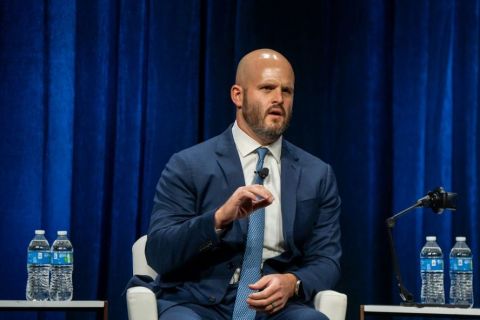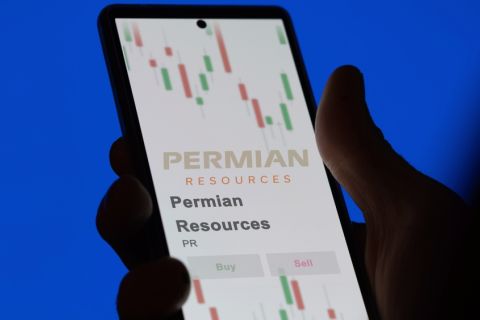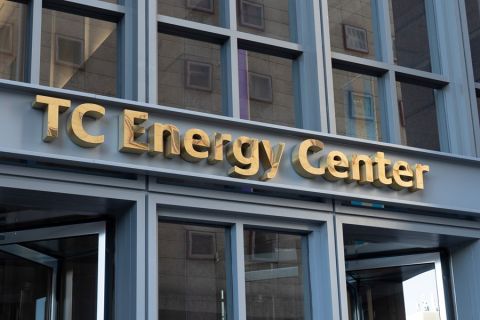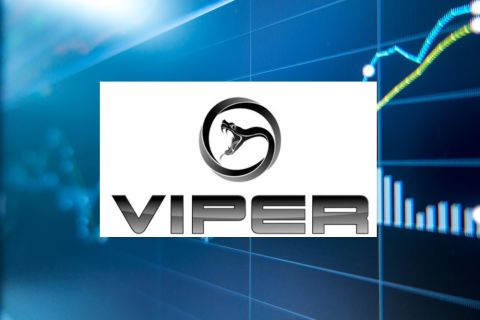Nord Stream 2 said on April 15 that "despite legal reservations" it had submitted an application for a third route option for its $12.44 billion gas pipeline in Danish waters.
The Russian-led company already has two pending route applications with Danish authorities, of which the first was submitted more than two years ago, but last month it was asked to assess a third route option.
Nord Stream 2 said on April 15 this request could only be seen as "a deliberate attempt to delay the project's completion.
"Irrespective of its own starkly different legal assessment, Nord Stream 2 AG is now forced to submit this third application as a mitigation measure," it said in a statement.
The area of the third route option only recently became available after a demarcation negotiation with Poland ended.
"Our immediate assessment is that this route is more appropriate based on a number of environmental and safety parameters," said special advisor at the Danish Energy Agency Morten Christensen in response to Nord Stream 2's criticism.
The 765 miles of pipeline, now under construction, has come under fire from the United States and several eastern European, Nordic and Baltic Sea countries which fear it will increase the European Union's reliance on Russian gas.
Nord Stream 2 has said it still expects to finish the pipeline by the end of 2019, but the Danish obstacles could delay the project.
The Danish Energy Agency said in a separate statement it could not say how long the permit process would take.
Denmark still has the possibility to veto the initial route option after it passed a law in 2017 that could allow it to ban the pipeline from passing through its territorial waters on security grounds.
However, the veto cannot be applied for the two remaining applications as they would route the pipeline through Denmark's exclusive economic zone waters but not its territorial waters.
The Nord Stream 2 project is led by Russian state energy firm Gazprom, with some 50% of the funding provided by Germany's Uniper and BASF's Wintershall unit, Anglo-Dutch firm Shell, Austria's OMV and France's Engie.
Four countries - Finland, Sweden, Germany and Russia - have already approved the pipeline's construction.
Recommended Reading
ProPetro Reports Material Weakness in Financial Reporting Controls
2024-03-14 - ProPetro identified a material weakness in internal controls over financial reporting, the oilfield services firm said in a filing.
Greenbacker Names New CFO, Adds Heads of Infrastructure, Capital Markets
2024-02-02 - Christopher Smith will serve as Greenbacker’s new CFO, and the power and renewable energy asset manager also added positions to head its infrastructure and capital markets efforts.
Stockholder Groups to Sell 48.5MM of Permian Resources’ Stock
2024-03-06 - A number of private equity firms will sell about 48.5 million shares of Permian Resources Corp.’s Class A common stock valued at about $764 million.
TC Energy Appoints Sean O’Donnell as Executive VP, CFO
2024-04-03 - Prior to joining TC Energy, O’Donnell worked with Quantum Capital Group for 13 years as an operating partner and served on the firm’s investment committee.
Viper Energy Announces Pricing of Diamondback’s Secondary Common Stock Offering
2024-03-06 - Viper Energy will not receive any of the gross proceeds from Diamondback’s secondary offering of its Class A common stock.





